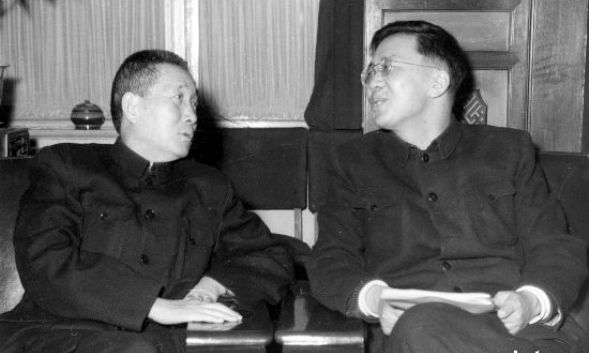Hua was the first world-famous scholar returned from overseas upon the founding of the People's Republic of China. He fostered and educated many mathematicians of New China, his influence lasting several generations. He was a fellow of the Third World Academy of Sciences and the first Chinese member of the American Academy of Arts and Sciences since its foundation in the late 19th Century. English mathematician Harry Bateman once praised Hua as "China's Einstein", saying he was worthy to be a member of any famous science academy around the world. Mathematical accomplishments named after him include Hua's theorem, Weil-Hua inequation, Hua's inequation, Brauer-Cartan-Hua theorem, Hua matrices and Hua-Wang (Zhonglie) Method.
In 1936, Hua went to Cambridge University to study. During the following two years, he wrote 18 articles, of which "Hua's theorem" actually persuaded the famous English mathematician G.H. Hardy to revise one of his works just before its publication. Hua also solved the problem of a complete triangle sum estimation put forward by Johann Carl Friedrich Gauss, arousing a sensation in the university and becoming regarded as the "glory of Cambridge". After returning to China, he became a professor in Southwest Associated University and an academician of Academia Sinica (predecessor to Chinese Academy of Sciences in the PRC). His greatest work Additive Theory of Prime Numbers finished in 1942 won him First-Class honors in natural science. Later, he went to the Soviet Union and the United States to give lectures and was invited to be a researcher at Princeton Research Institute and tenured professor of Illinois University. He was the first chair of the Department of Mathematics and vice president of University of Science & Technology of China (USTC), head of Mathematics Institute and later Institute of Applied Mathematics of Chinese Academy of Sciences (CAS), academician and vice president of CAS and vice chair of the Chinese Association for Science and Technology. In 1957, his work Harmonic analysis of functions of several complex variables in the classical domains won the first prize of State inventions.
In the beginning of the 1960s, he applied mathematics to the national economy in a creative way, sorting out optimization aiming at improving craftsmanship and overall planning to handle the organization and management of production. He led a team to promote the two new methods in more than 20 provinces and municipalities around the country, achieving obvious economic profit. Mao Zedong wrote to him cherishing his "high aspirations" and offering his congratulations. He died of a heart attack in 1985 while giving a lecture in the University of Tokyo in Japan.

